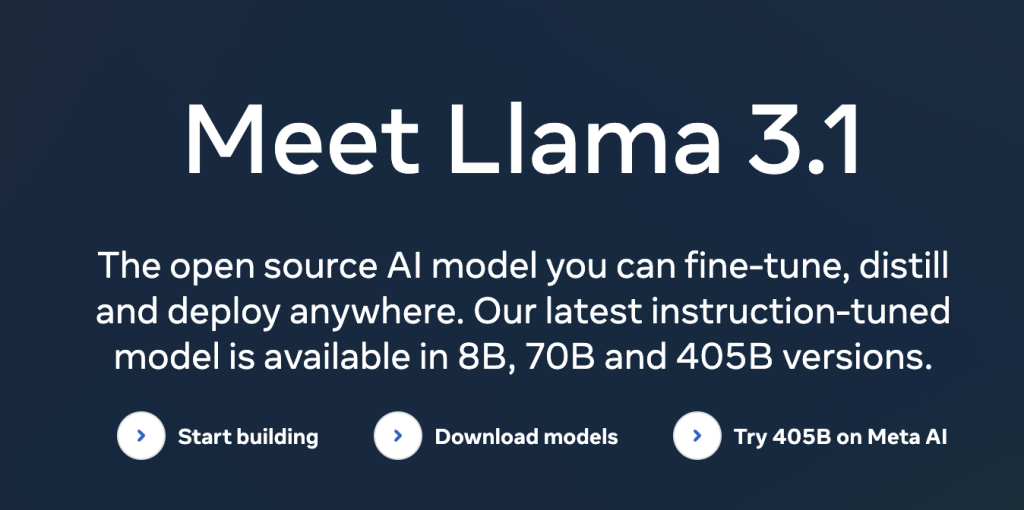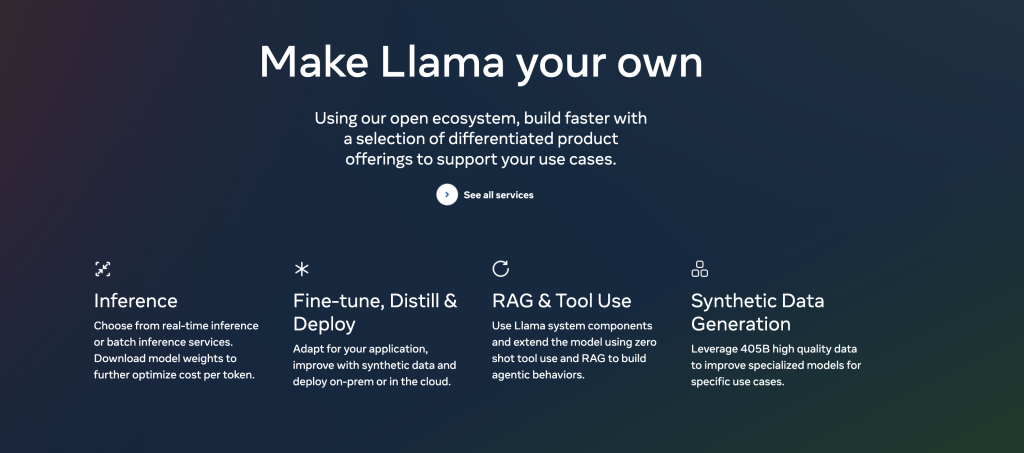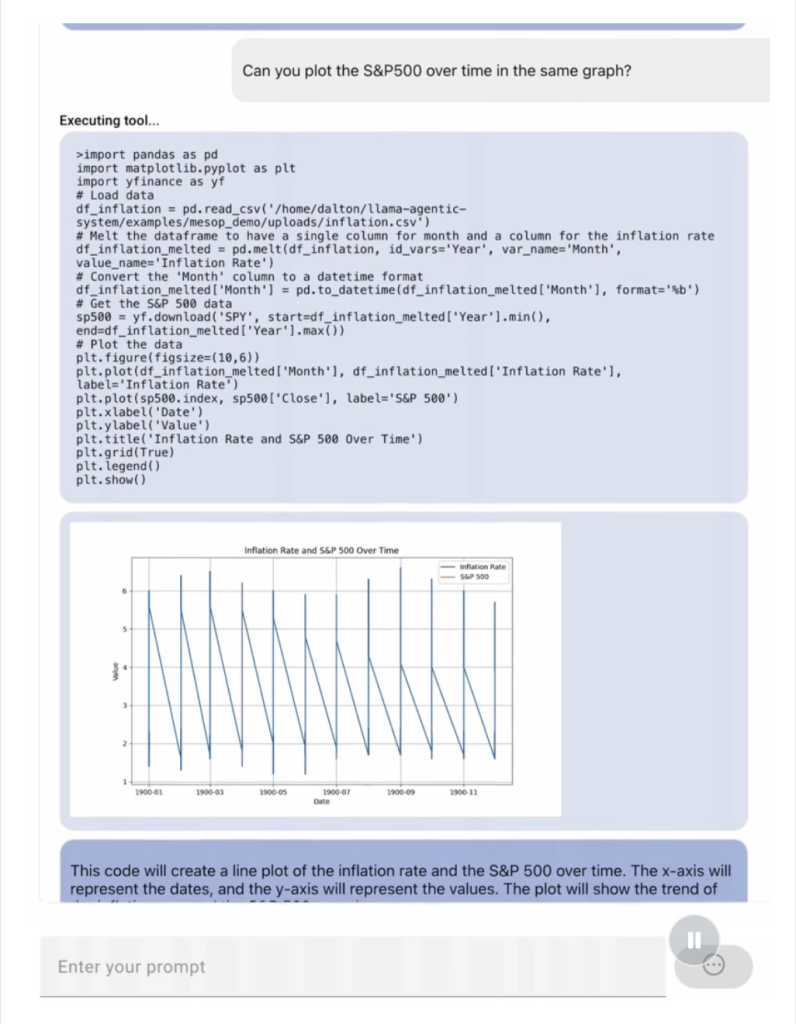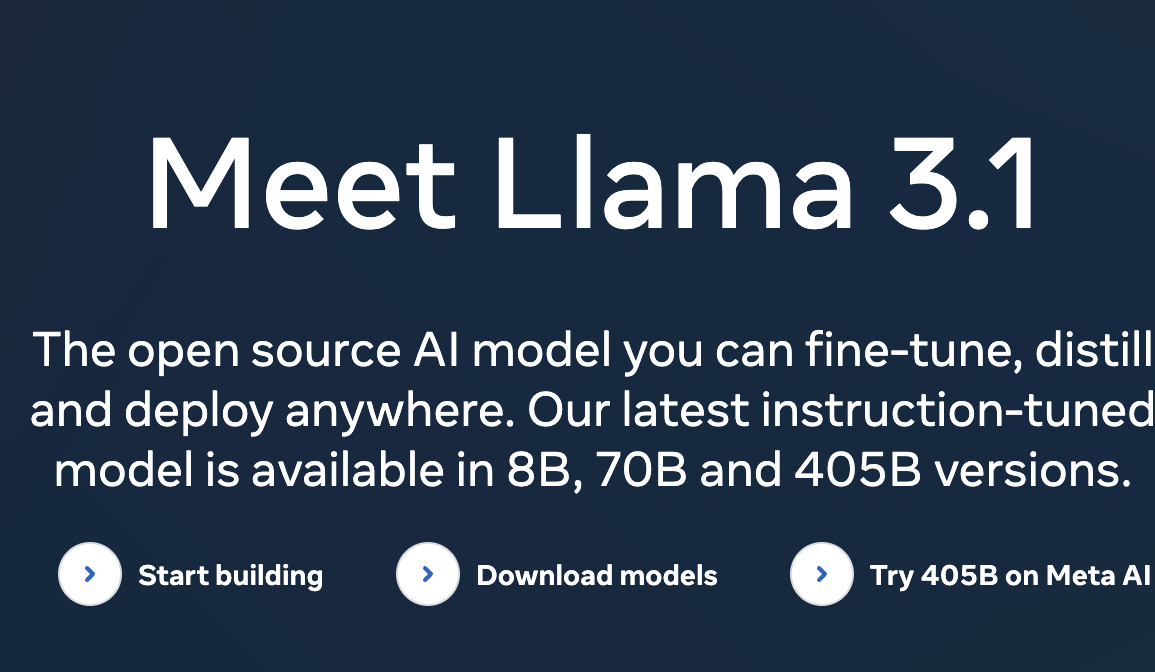The latest version of Meta’s Llama aims to make AI more accessible and customizable, but it also raises concerns about the potential dangers of releasing AI without proper safeguards. Unlike most tech companies that sell artificial intelligence, Mark Zuckerberg’s Meta is offering what it claims to be one of the world’s best AI models for free.

On Monday, Meta released the most advanced version of its large language model, Llama, at no cost. While the development costs of Llama 3.1 remain undisclosed, Zuckerberg has informed investors that the company is investing billions in AI development.
Meta’s approach challenges the closed development methods typically used by AI companies, positioning the company at the heart of the debate over the risks of AI without controls. Though Llama is designed to avoid harmful outputs by default, it can be modified to remove these protections.
Meta asserts that Llama 3.1 rivals the best commercial models from OpenAI, Google, and Anthropic. According to Meta, the model excels in benchmarks that measure AI progress, claiming it to be the smartest AI globally.
In an open letter accompanying the release, Zuckerberg likened Llama to the open-source Linux operating system. He noted that during the rise of Linux, many tech companies criticized open-source software as risky and unreliable. Today, Linux is widely used in cloud computing and as the foundation for the Android OS. “I believe that AI will develop in a similar way,” Zuckerberg writes. “Today, several tech companies are developing leading closed models. But open source is quickly closing the gap.”
Meta’s decision to provide its AI for free is not purely altruistic. Previous Llama releases have bolstered Meta’s influence among AI researchers, developers, and startups. Liang points out that Llama 3.1 is not entirely open-source due to usage restrictions imposed by Meta, such as limiting commercial scale.

The new version of Llama boasts 405 billion parameters or adjustable elements. Meta has also released two smaller versions of Llama 3, with 70 billion and 8 billion parameters, and has now upgraded these to Llama 3.1. While Llama 3.1 is too large to run on a standard computer, Meta indicates that cloud providers like Databricks, Groq, AWS, and Google Cloud will offer hosting options, and the model can be accessed at Meta.ai.

Unlike OpenAI and Google’s latest models, Llama is not “multimodal” and does not handle images, audio, and video. However, Meta claims the model is significantly better at using other software, such as web browsers, which many researchers and companies believe could enhance AI’s utility.
After OpenAI released ChatGPT in late 2022, some AI experts called for a pause in AI development, fearing the technology could be misused or become too powerful to control. While existential concerns have somewhat subsided, many experts still worry that unrestricted AI models could be exploited by hackers or used to accelerate the development of biological or chemical weapons.
Meta has sought to mitigate these concerns by carefully releasing previous versions of Llama. The company claims it conducts rigorous safety testing before release and maintains that there is little evidence its models facilitate weapon development. Meta plans to introduce several new tools to help developers ensure Llama models’ safety by moderating output and blocking attempts to bypass restrictions. Meta spokesperson Jon Carvill stated that future model releases will be evaluated on a case-by-case basis.









